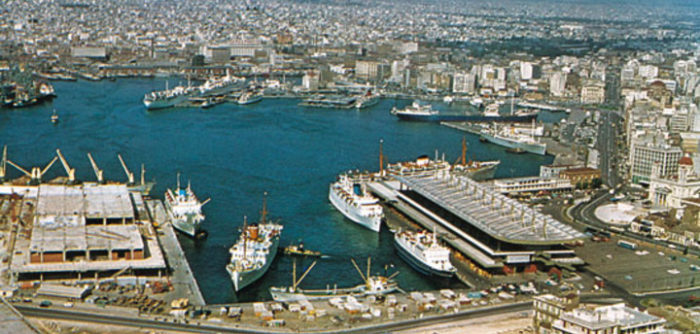China is currently carrying out its large foreign policy project, called Belt and Road Initiative. In the concept of this policy, Chinese companies are making big investments at European ports, hoping to connect Europe and Asia enhance China’s power.
Some of the most powerful Chinese companies, like Cosco and China Merchants Port Holdings, have placed large investments in Europe and the Mediterranean Sea. Namely, recently Cosco acquired the terminal in Zeebrugge, Belgium’s second-biggest port. Before that, other acquisitions took place in Spain, Italy, and Greece. As a result, Chinese state firms now own almost one-tenth of European port capacity.
The aim of these investments is for the companies to make profit out of them, by transforming once quiet ports into huge cargo hubs. In fact, after Cosco acquired the Port of Piraeus, the Greek port made significant and fast growth, becoming a key transshipment terminal, connecting Europe, the Middle East, and Asia. Something similar is the goal for the Spanish port of Valencia and in northwest Europe with Zeebrugge.
With these series of aggressive acquisitions, Chinese companies attempt to reshape the map of global trade and political influence. The recent port deals are indicative of China’s plans to link China to Europe by sea, road, rail, and pipeline.
In order to do that, ports are considered as key for the Belt and Road Initiative, as China tries to expand from the South China Sea across the Indian Ocean, through the Suez Canal and into northern Europe. However, these investments have raised some concerns, especially in the EU, which sees China becoming more and more influential in Europe.


































































